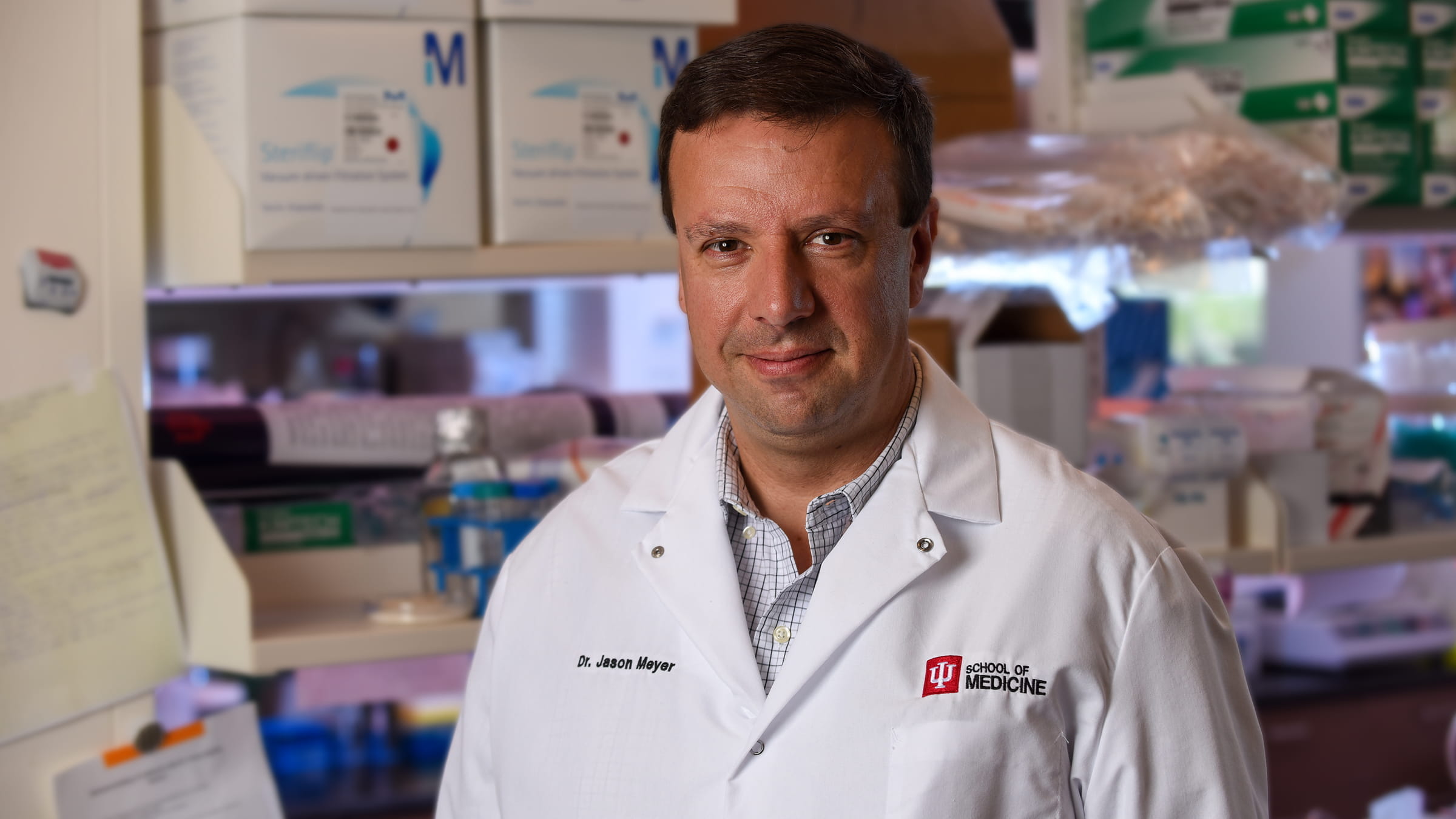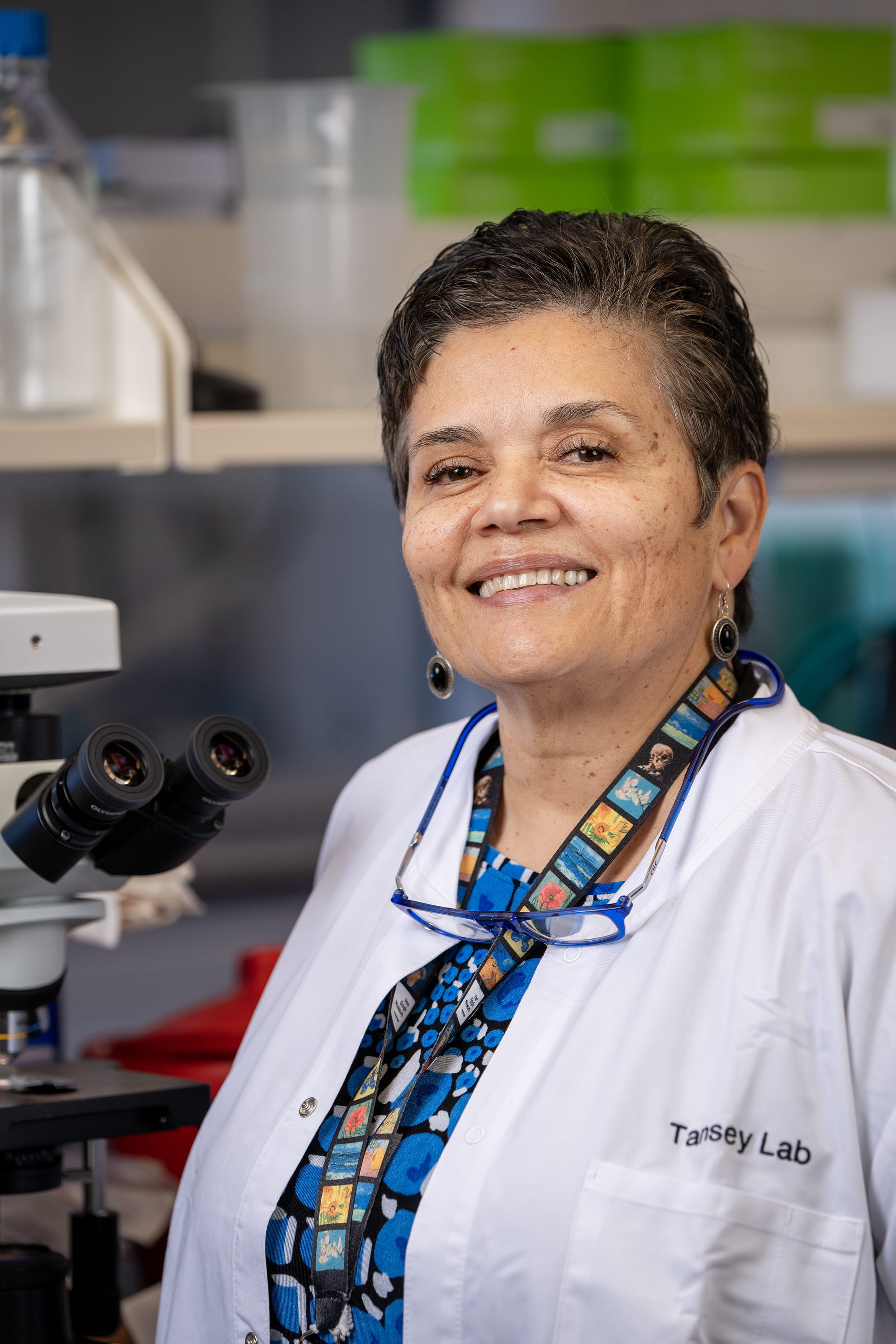Donor support of neuroscience research at Indiana University School of Medicine makes so much possible as we work to expand our knowledge of the brain and the central nervous system as a whole. Generosity helps us to better understand the diseases and injuries that disrupt the work of this system and paves the way to breakthroughs that preserve, protect and restore the brain’s vital functions.
Gifts of all sizes enable IU researchers to pursue bold new ideas that lead to international recognition for innovation in multiple neuroscience research fields, including addiction, neurodegenerative disorders, neurodevelopment, ocular neurobiology, pain, psychiatric disorders and spinal cord and brain injury.




